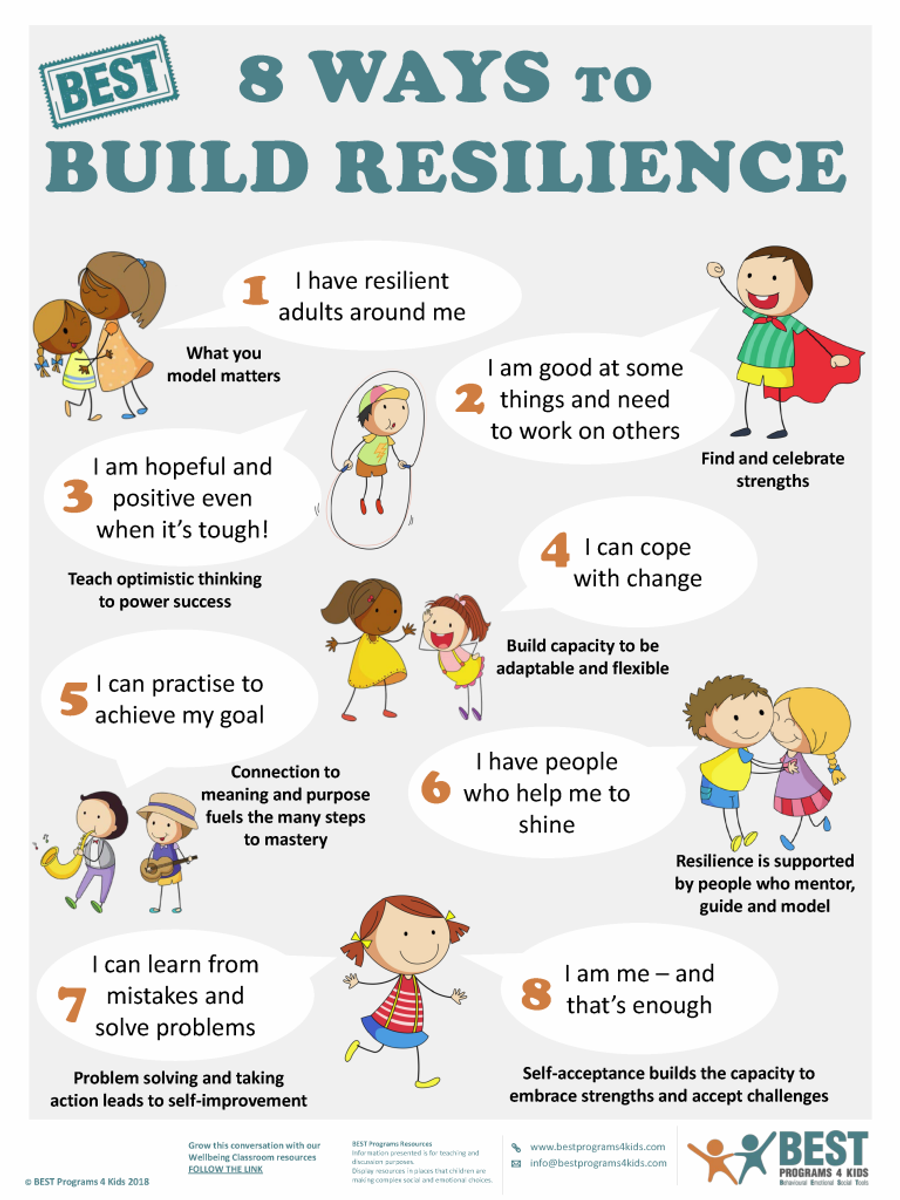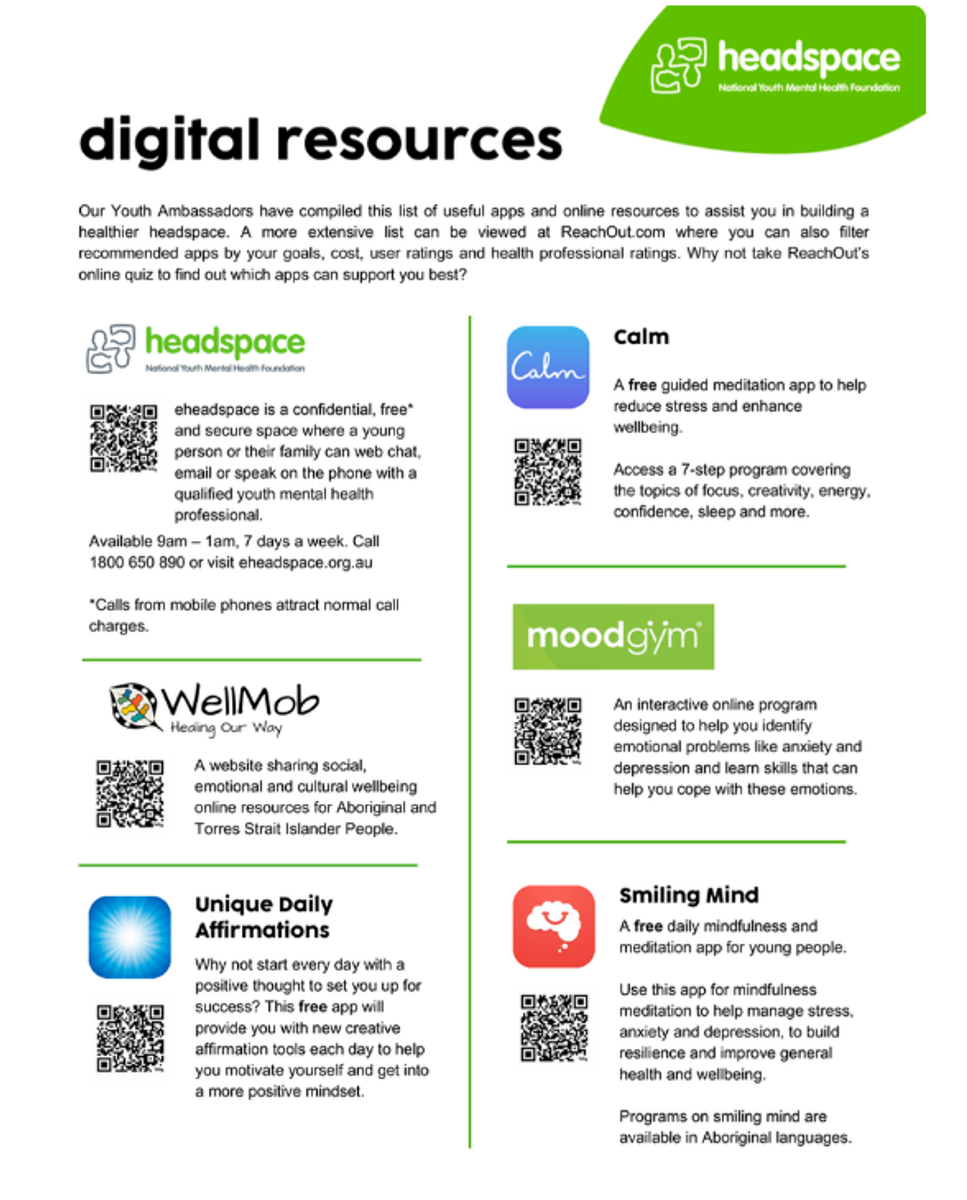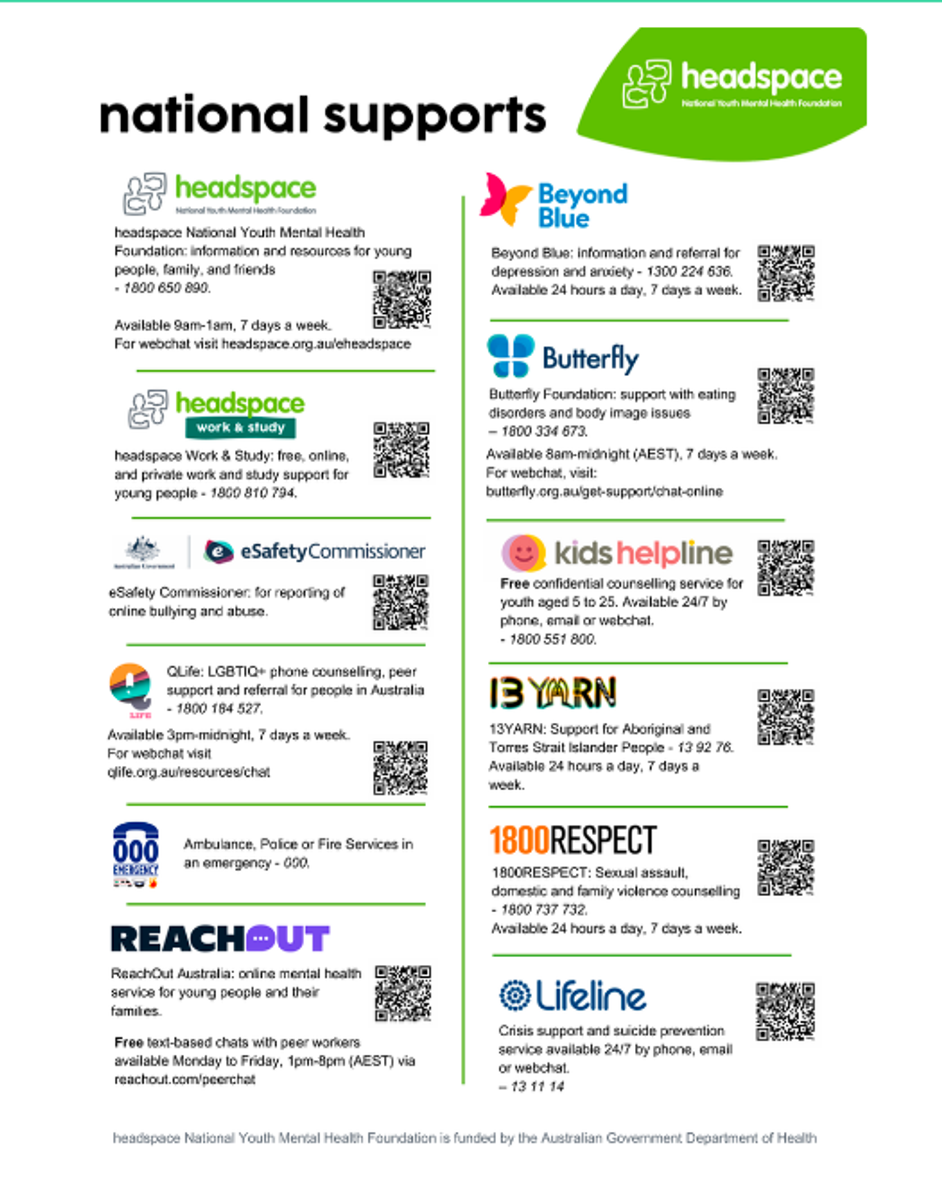Wellbeing
Value of the Term - Responsibility

Wellbeing
Value of the Term - Responsibility


Leesa Ross- Mental Health & Wellbeing Leader R.P.S
If you would like to chat, have concerns about your child/ren or would like some support for yourself or family, do not hesitate to contact me at school via phone or email - leesa.ross@education.vic.gov.au
Value of the Week- RESILIENCE- We model resilience by being persistent, “bouncing back” and “having a go.”


Respectful Relationships -Term 4 Focus- Positive Gender Relations -


This term, all students at Rochester Primary School will be exploring the topic ‘Positive Gender Relations’ using age-appropriate teaching and learning materials. Activities within this topic focus on building an understanding of the effects of violence and focus on the standards associated with respectful relationships. Students will be developing the skills needed to solve problems, set boundaries within their relationships, and play an active role in practicing safe and respectful behaviours in family, peer, community and online relationships.
For example-
Foundation – Sharing the play space and equipment.
Year 1/2 – Creating a gender friendly classroom.
Year 3/4 – Rights and Responsibilities.
Year 5/6 – Understanding power relations.
Throughout the initiative, students will build their emotional literacy and resilience, as well as learning resilience strategies and ways to cope with stress in a positive way. All of the lessons are curated for each year level, meaning that students are introduced to appropriate themes and ideas in a sensitive and fun way.
Please don’t hesitate to contact us if you have any questions or would like more information about the program -
https://www.vic.gov.au/respectful-relationships
Understanding School Refusal


Sometimes though, the idea of going to school can be cause for severe distress for a young person and can result in a reluctance to go to school and an increase in nonattendance. High levels of distress and a reluctance to go to school is known as school refusal.
Young people might appear to be feeling ill or unhappy the morning before school with a desire to stay home. They might have an emotional reaction at the idea of leaving for school in the morning.
There are often several factors that can contribute toward the development of school refusal behaviours including individual, family, school and the community. A young person may be experiencing anxiety, their parents may be separating, they may have transitioned from primary to secondary school or experiencing challenges with peers such as bullying. There can be a range of underlying factors that result in severe distress associated with school.
School refusal is different from truancy, as often family and friends know that a young person is not attending school. Often, family and friends are unable to get a young person to attend school despite their best efforts.
The good news is that with some strategies and the right support, things can get better for your young person. For more information and strategies visit –
https://headspace.org.au/explore-topics/supporting-a-young-person/school-refusal/



